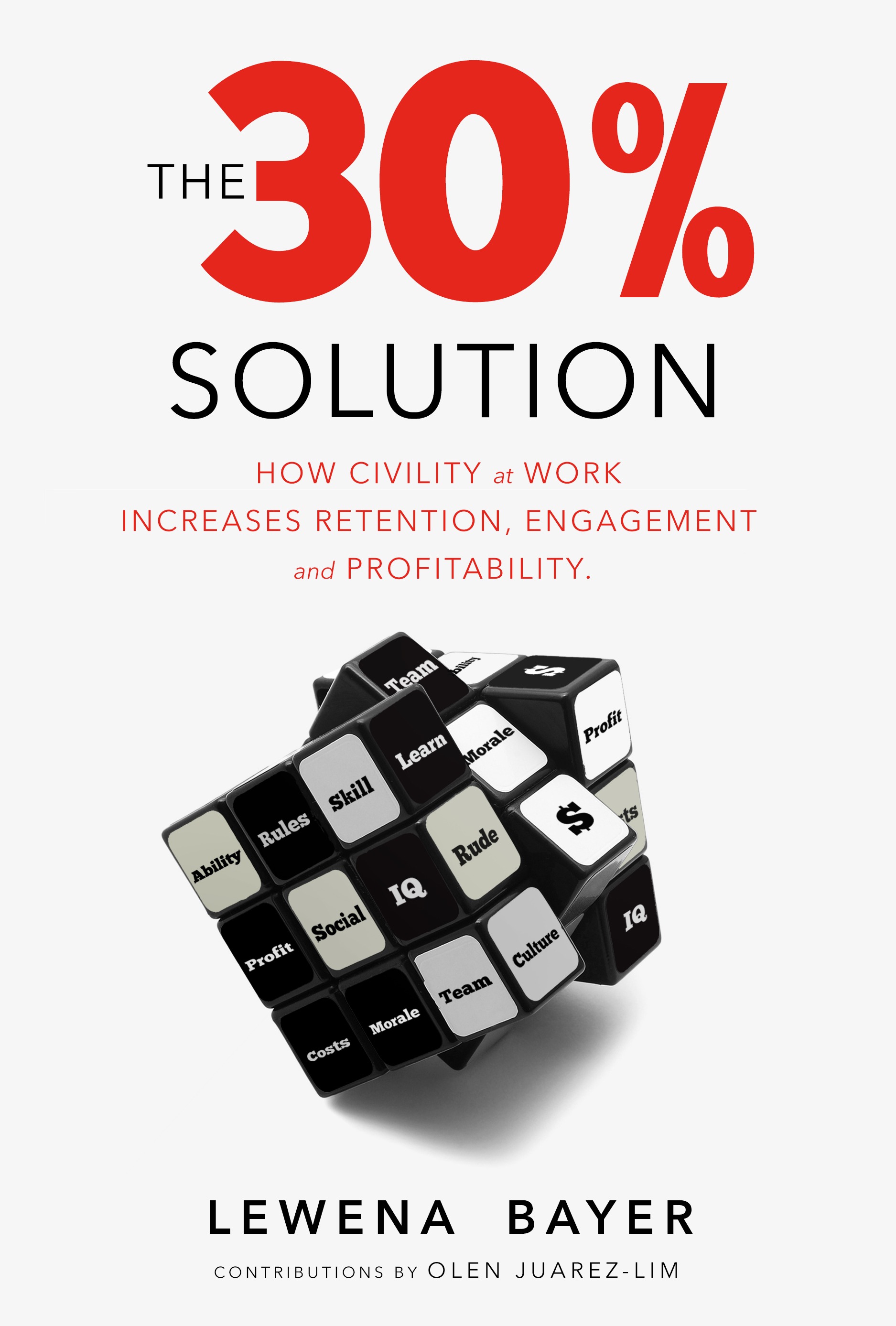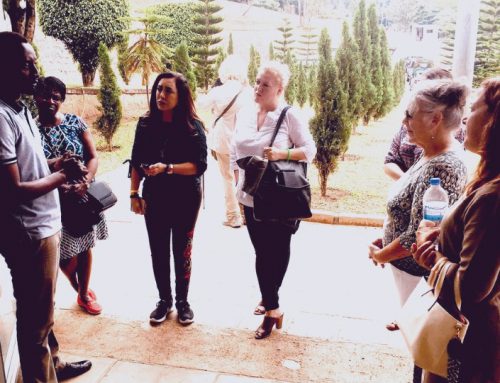Have you checked out Lew Bayer’s bestseller The 30% Solution yet? The 30% Solution is full of valuable information and advice that be used to increase your business’s retention, engagement, and profitability. Check out the sample below!
![]()
If Henry David Thoreau were experiencing life at work today and over the next decade as we make our way towards 2025, I suspect he’d agree with me that the mass of men, and women, are not so quiet in their desperation.
How do I know people are desperate? Because people who are not desperate surely behave better than how a great many men and women are behaving these days. I have to believe there’s a good reason for what seems to be wide-spread habitual disregard for others, and for property, and for resources. Of course I realize everyone is entitled to forget his/her manners from time to time or to have a bad day every now and then. It’s forgivable that sometimes we crack under pressure, have an occasional outburst, or use poor judgment. These are things I can understand. I can also understand that some people are just plain mean, and that a few others are wholly incapable of kindness.
However, given the scope and frequency of incivility, there has to be some explanation beyond stating that we’re only human, for all the bad behavior in our workplaces and elsewhere. In case you weren’t aware, research focusing on both Canadian and U.S. companies shows that a whopping 98% of people polled have experienced uncivil behavior on the job (1). And according to the fourth annual study on Civility in America: A Nationwide Survey, conducted by global public relations firm Weber Shandwick and public affairs firm Powell Tate in partnership with KRC Research, civility in America continues to erode. This year’s study found that 70% of Americans believe incivility has reached crisis proportions.
With Americans encountering incivility an average of 2.4 times a day, dealing with incivility has become a way of life for many. Alarmingly, 81% of Americans think that incivility is leading to an increase in violence (2).
Are we surprised?
- 8.5 is the average number of times American’s encounter incivility in real life/offline in a week. (I’m sure this isn’t too far off for Canadians, or Australians or Brits or Filipinos or any other cultural group, anywhere else in the world.)
- 26% of people have quit a job because it was an uncivil workplace. (Just imagine how many more want to quit- but can’t. How do you think that impacts them and/or the organization?)
- In a recent Canadian study of a diverse occupational sample of 180 workers in the Canadian prairies, 40%” polled reported experiencing at least 1 of 45 specific acts indicative of psychological harassment or bullying on a weekly basis for at least 6 months.
- An additional 10% of the sample reported experiencing 5 or more such acts on a weekly basis for at least 6 months. (3) (Wow, it’s a wonder we get any work done at all, as it seems many of us are very busy bullying others or busy being bullied.)
Sources Cited:
1 https://hbr.org/2013/01/the-price-of-incivility/
2 http://www.webershandwick.com/news/article/civility-in-america-2013-incivility-has-reachedcrisis-levels
3 http://www.gov.mb.ca/labour/labmgt/emp_standards/submissions/lee.pdf (Lee & Brotheridge, 2005)







